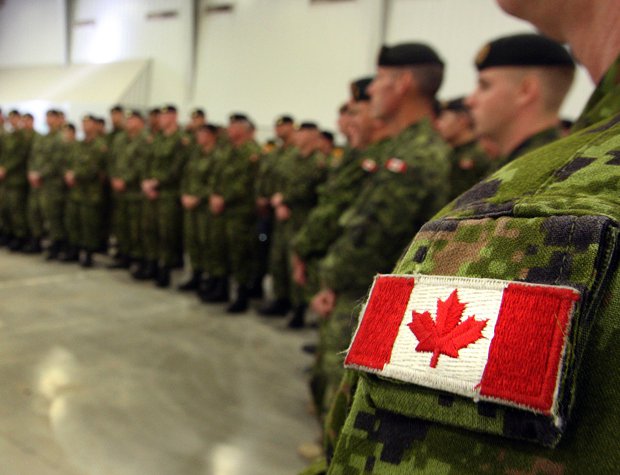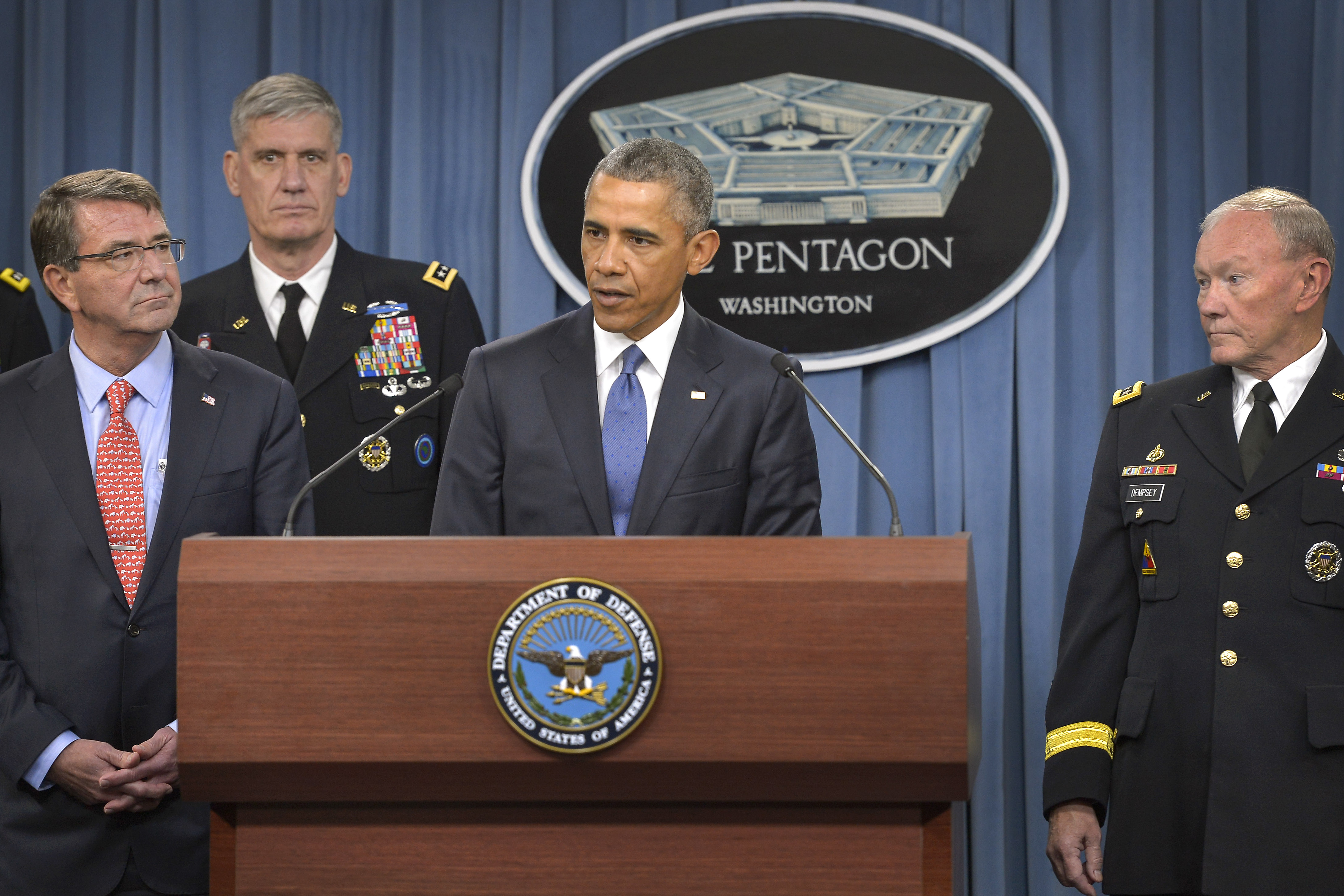In the previous part, we looked at the threats the UK was likely to face in the future. We saw that while direct threats were limited, with interests the world over, the UK was vulnerable to instability far from its borders. In an ideal world, of course, the UK could afford to cater to the basic needs of its citizens and still have the resources to deal with problems the world over. This is evidently not our situation, which is why we need a more open reckoning with what our place in the world is and what we want it to be. In the following section I suggest some potential avenues for reform appropriate to varying levels of international commitment.
One important area that demands further effort is the development of Europe’s Common Security and Defence Policy. The EU’s shared values and ideals make it an ideal actor to lead humanitarian interventions. While surrendering military sovereignty to a supranational actor may be viewed with suspicion, the advantage of humanitarian interventions is that they are optional – the national interest would not be crippled should a given operation fail to get approval from other member states. Furthermore, this situation of pooled sovereignty would not represent an enormous change from the present situation. Britain has rarely acted unilaterally (the often-overlooked Sierra Leone intervention is a notable exception), preferring to act with UN or NATO, or at a pinch, US support. This is probably both a legitimating tactic (multilateral interventions are less controversial than unilateral ones) and simply a logistical one – even with current levels of spending, Britain lacks the capacity to seriously go it alone.
The EU’s shared values and ideals make it an ideal actor to lead humanitarian interventions. While surrendering military sovereignty to a supranational actor may be viewed with suspicion, the advantage of humanitarian interventions is that they are optional.
A commitment to not deploy forces on humanitarian operations that are not under a EU flag would allow burden-sharing on a greater level than currently exists – if the UK was only maintaining ‘x’ capacity in order to perform non-essential missions, there would be great advantages in sharing that expense (and not duplicating the capacity) with our European partners. Meanwhile, capabilities essential to the national defence, such as the nuclear deterrent or naval forces required for the defence of the Falklands, would remain firmly under national control, now with appropriate levels of funding.
This avenue faces one main obstacle. Firstly, given the convulsions of Euroscepticism seizing Europe at the moment, affecting in particular Britain and France (who happen to be the pre-eminent military powers on the continent), it is admittedly hard to see this sort of integration being politically feasible. However, with the EU struggling to explain its relevance and purpose, this sort of project could be the kind of vision it requires to reinvigorate itself.
Alternatively, as a country, we could decide that we do not want the capacity to intervene all over the world – and nor do we want to pay for it! With the days of global hegemony and pax Britannica well behind us, a more isolationist stance may be our future. Even if it isn’t, considering a minimal defence option is an important first step to establishing what our needs are, and what we, as a country, feel unable to do without.
This article does not seek to advocate too strongly in one direction or another. Nor does it try to account for each case for military action as it may arise. Rather, it has demonstrated that whether the UK wants to continue to be a global actor or not, a national debate on the capacities we need, we want, and we can afford is long overdue.





